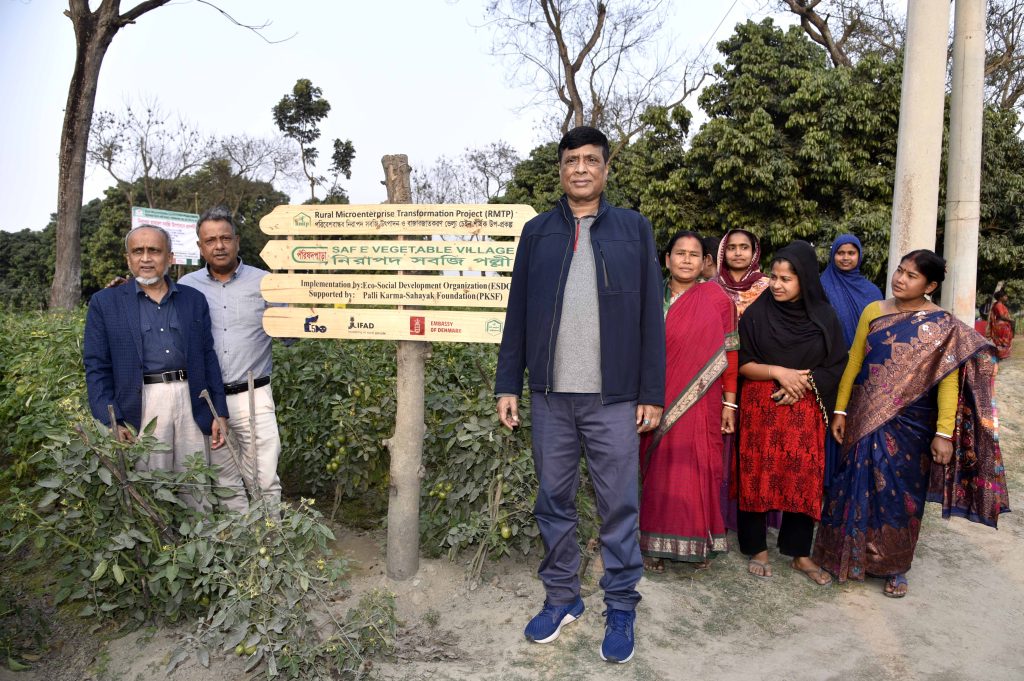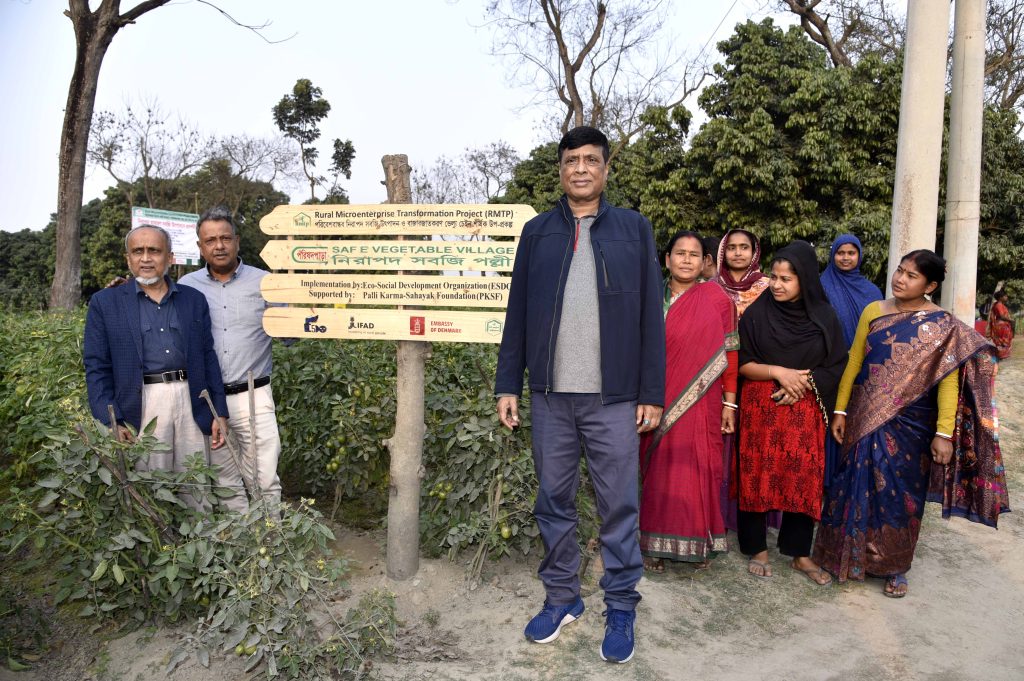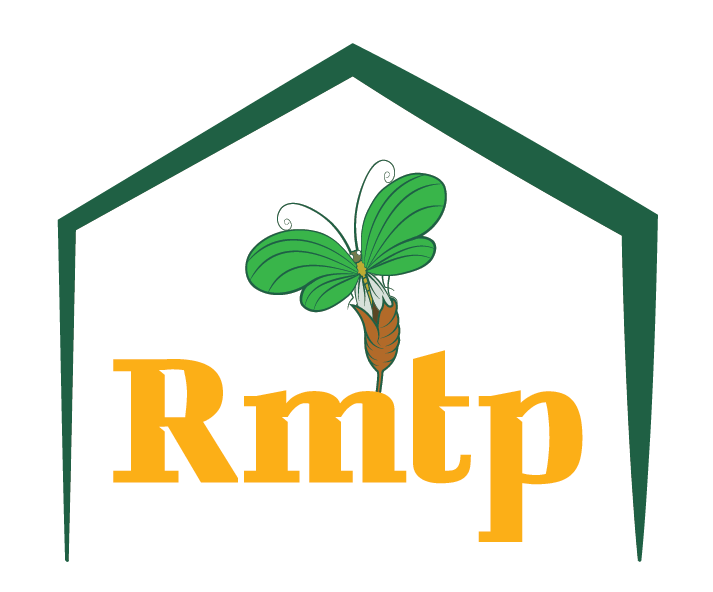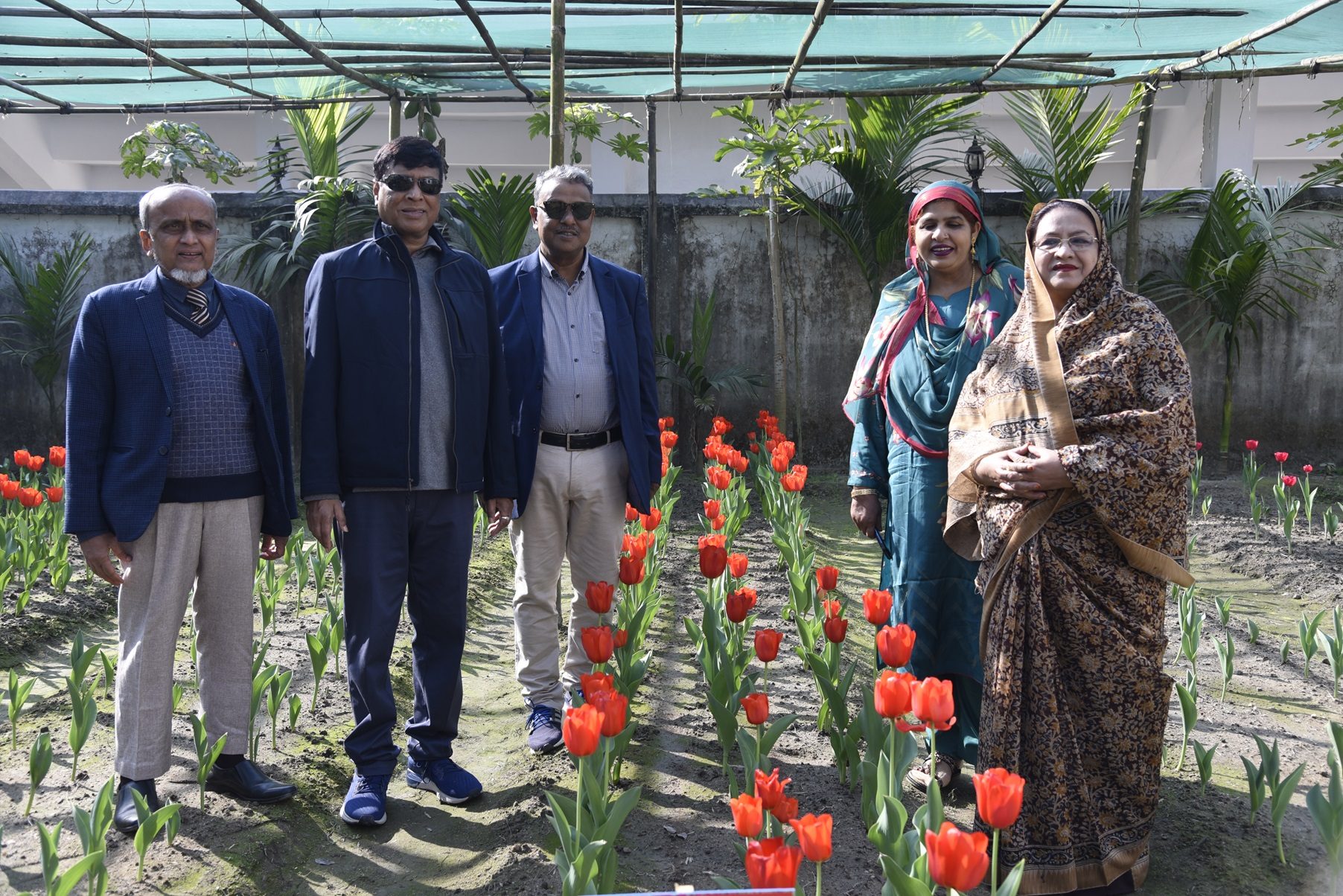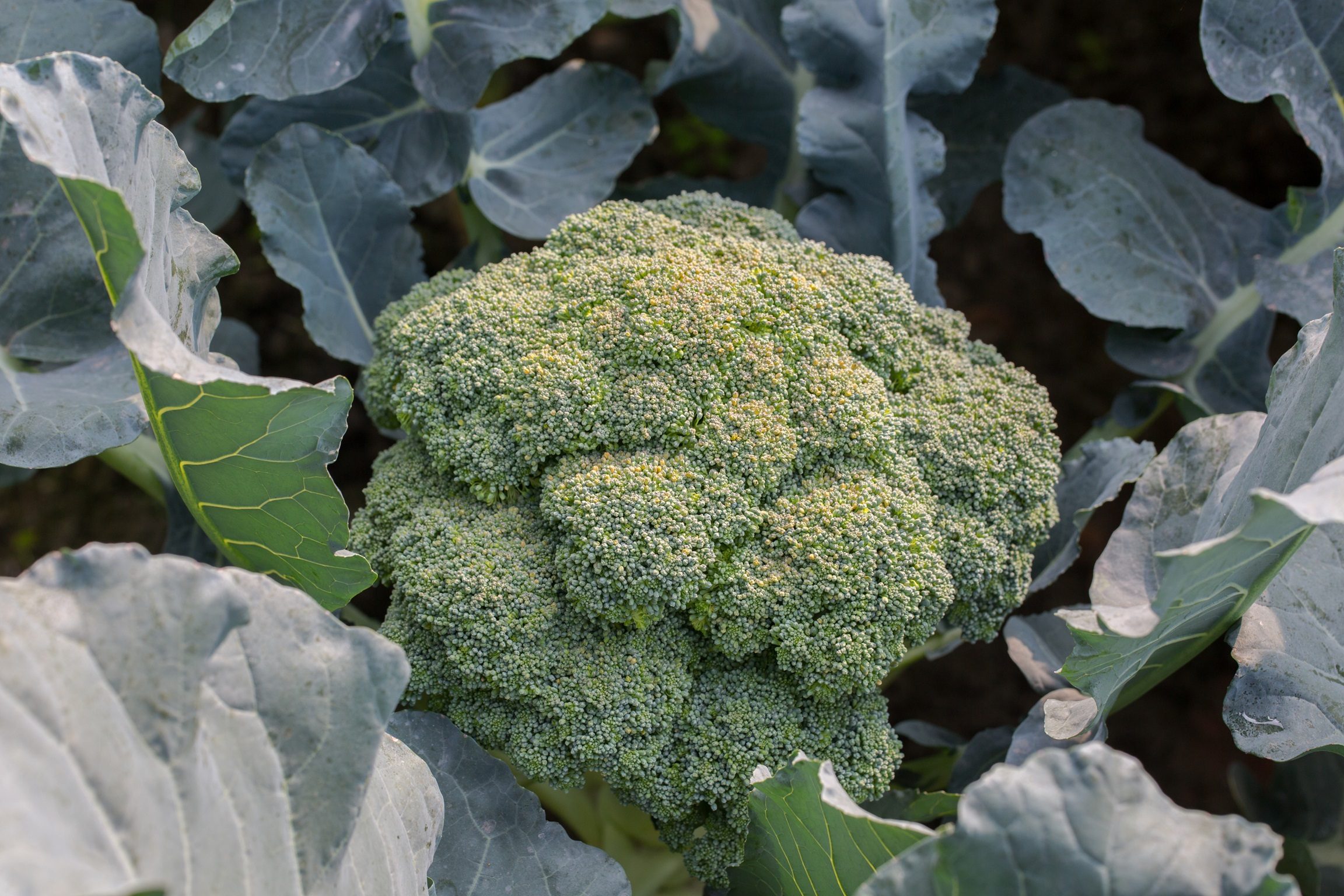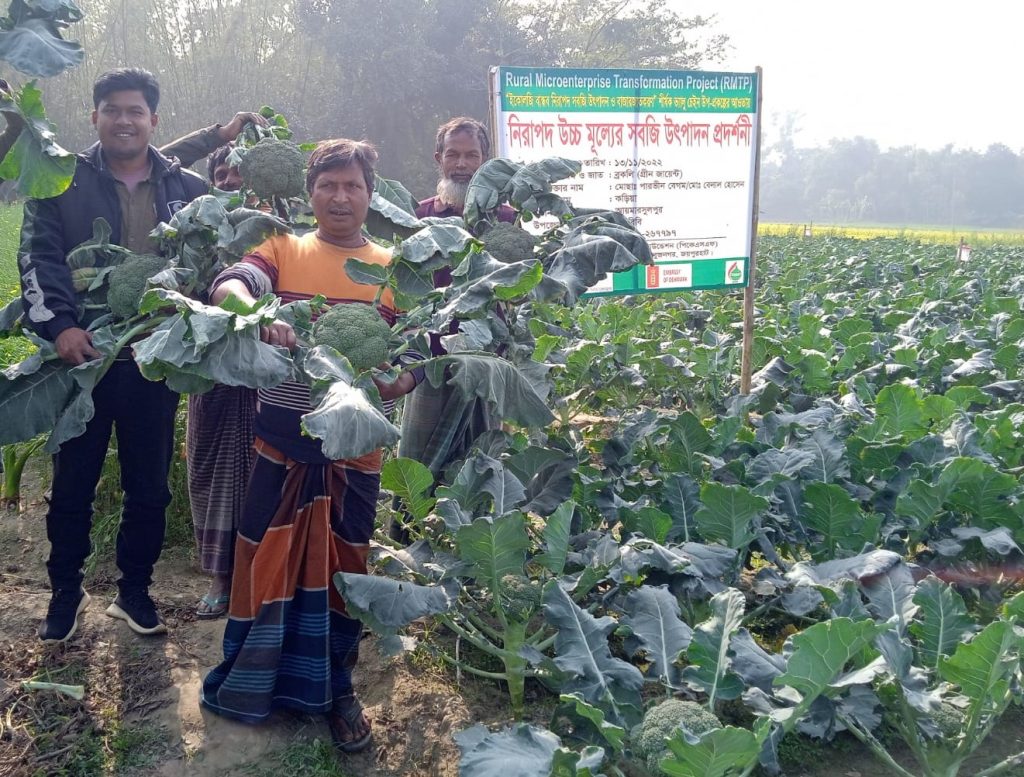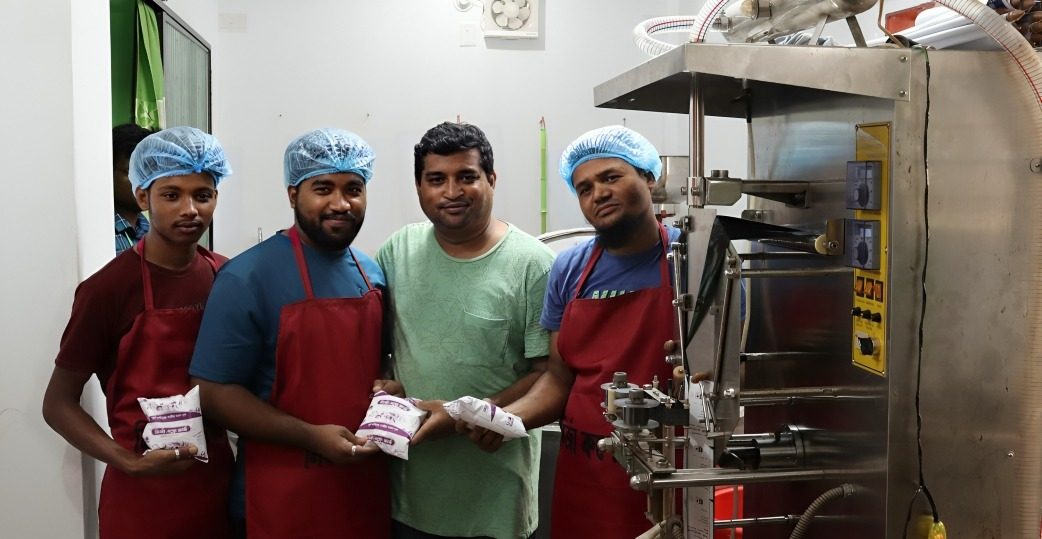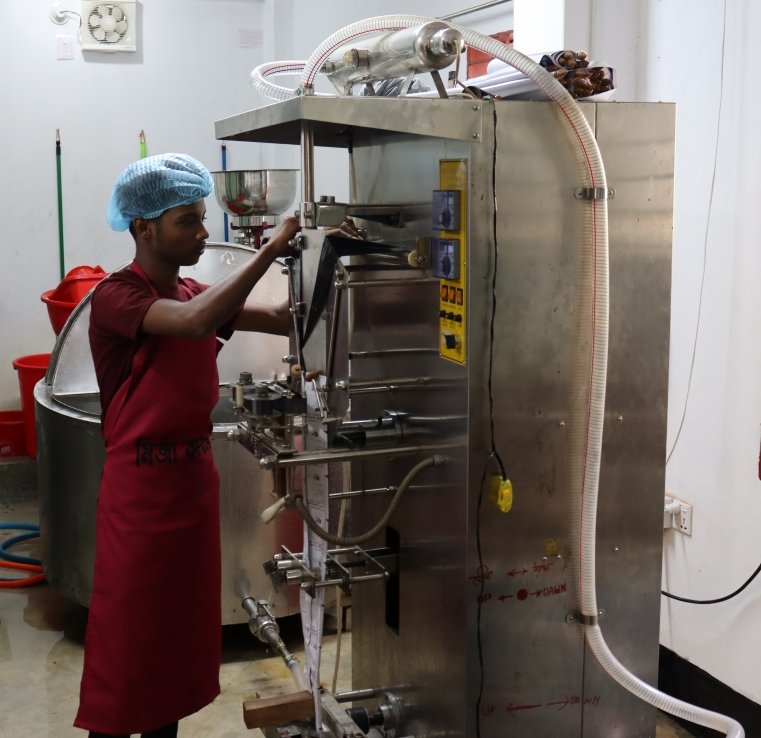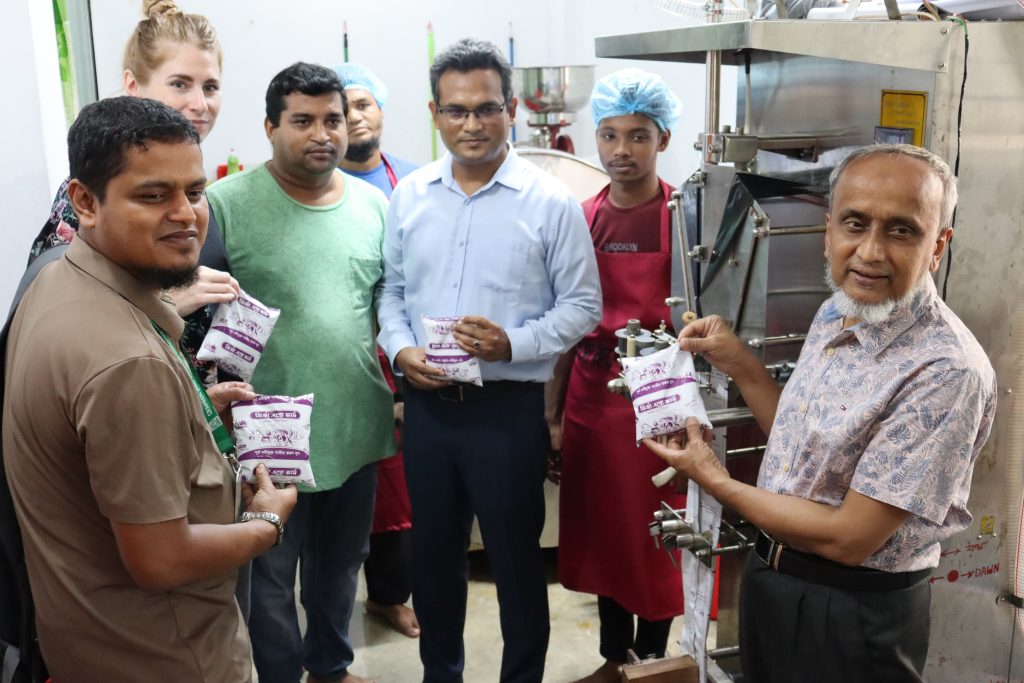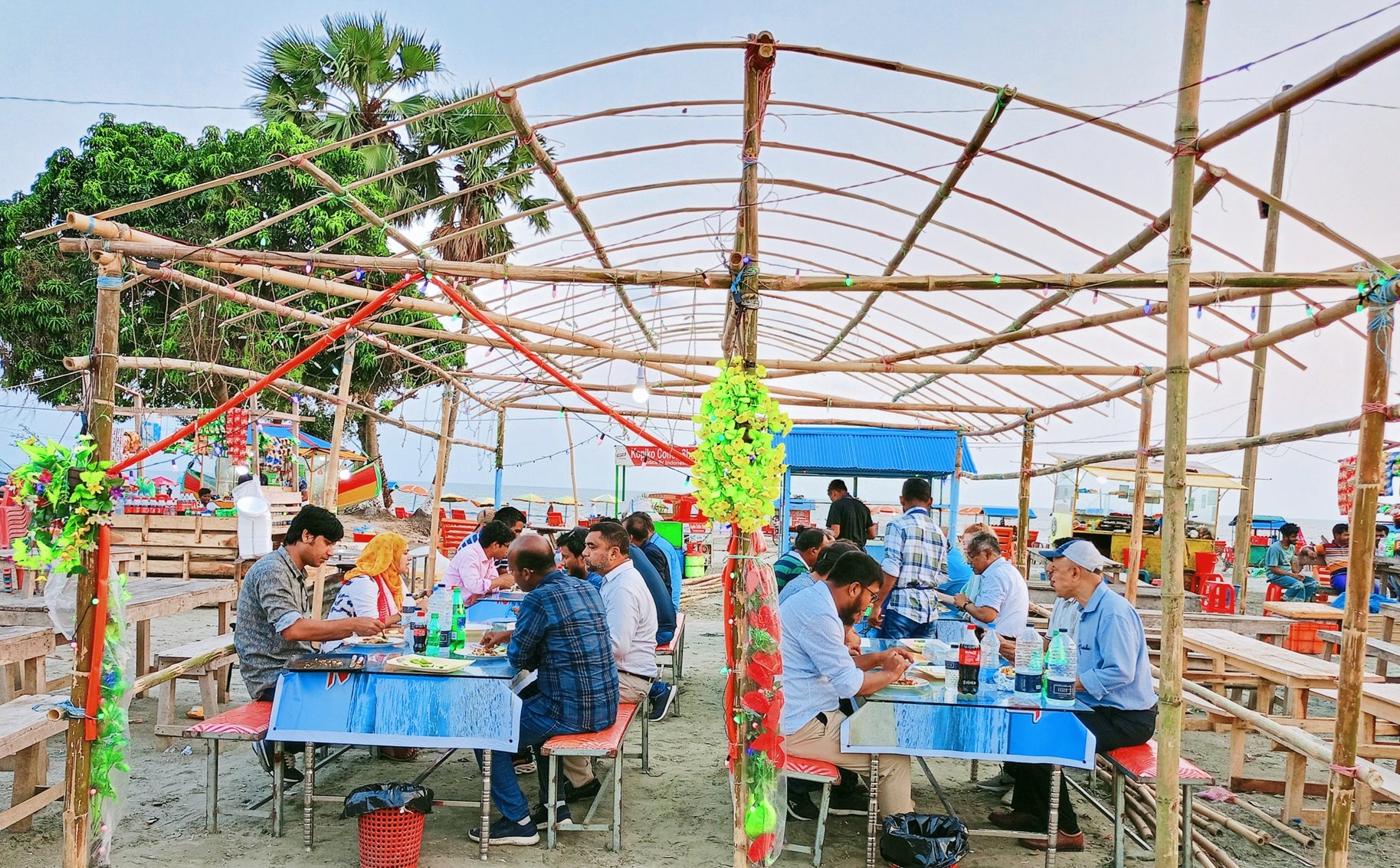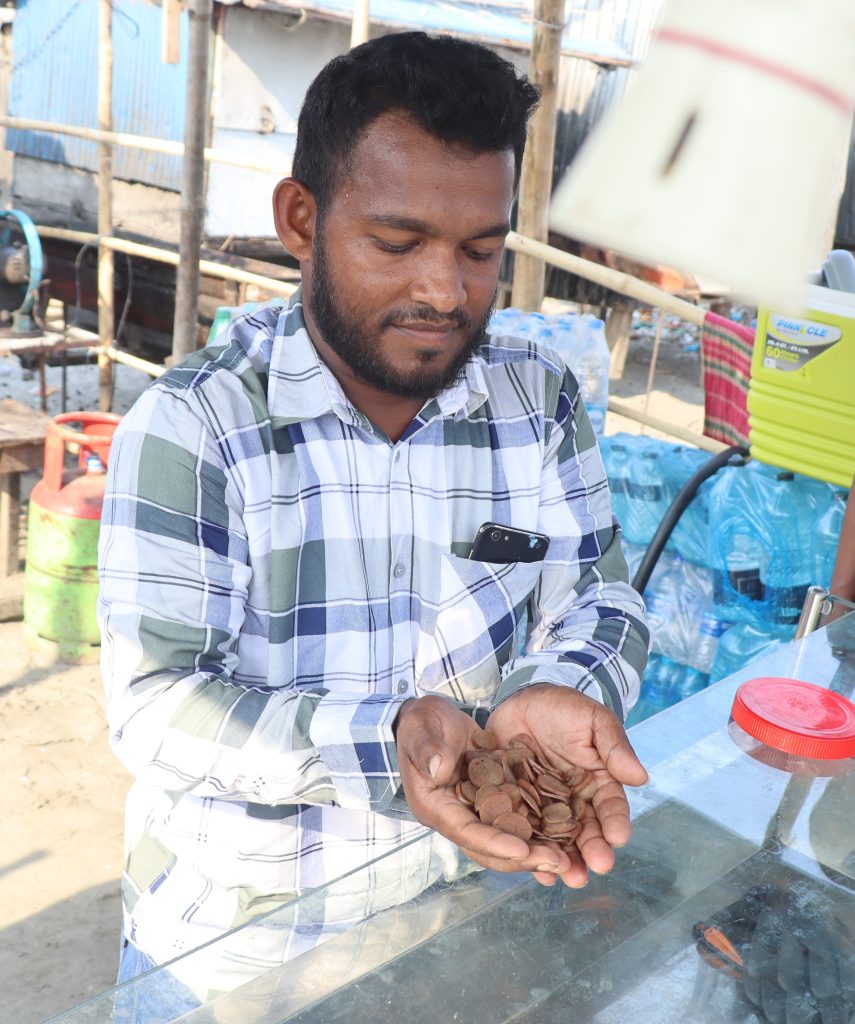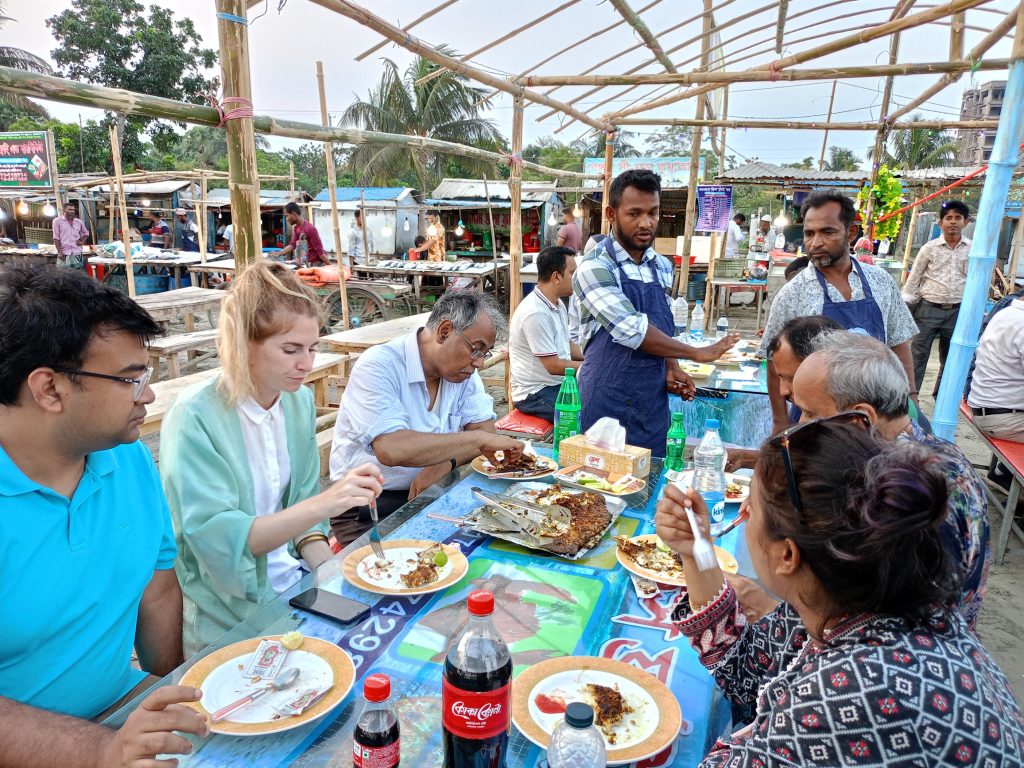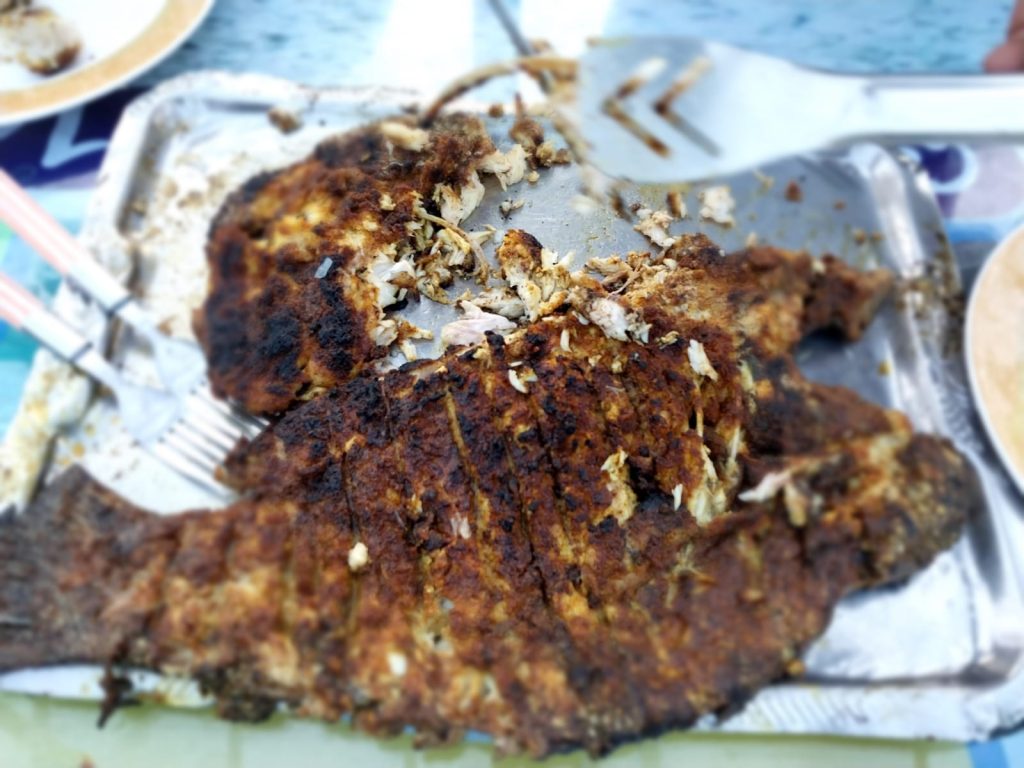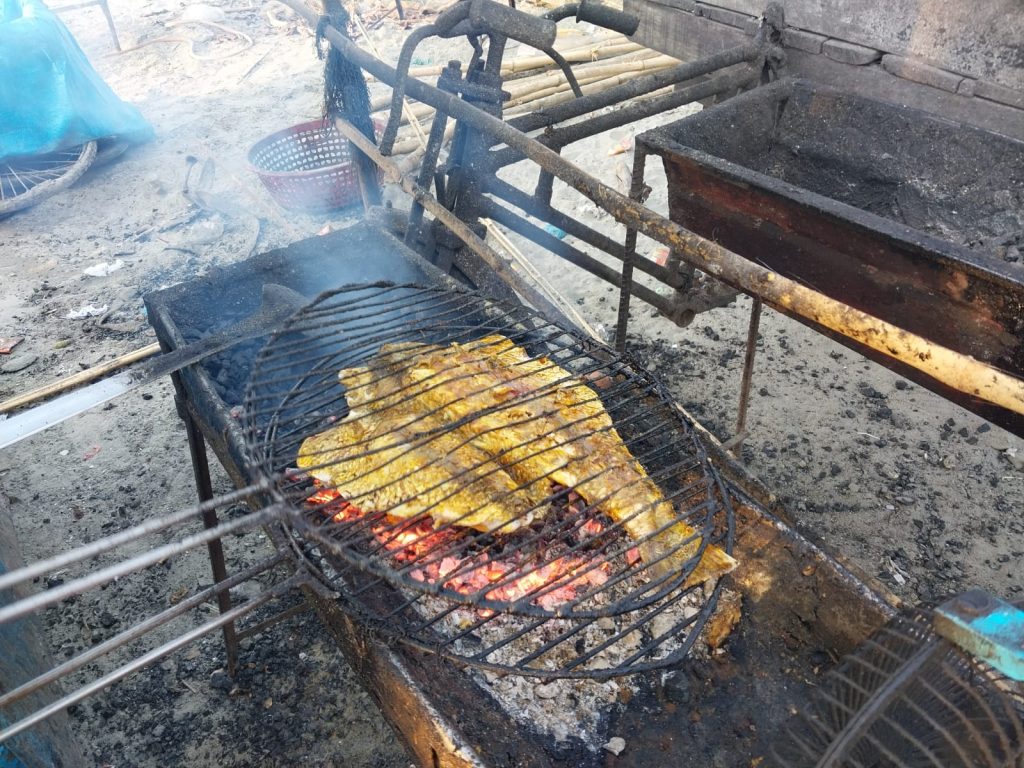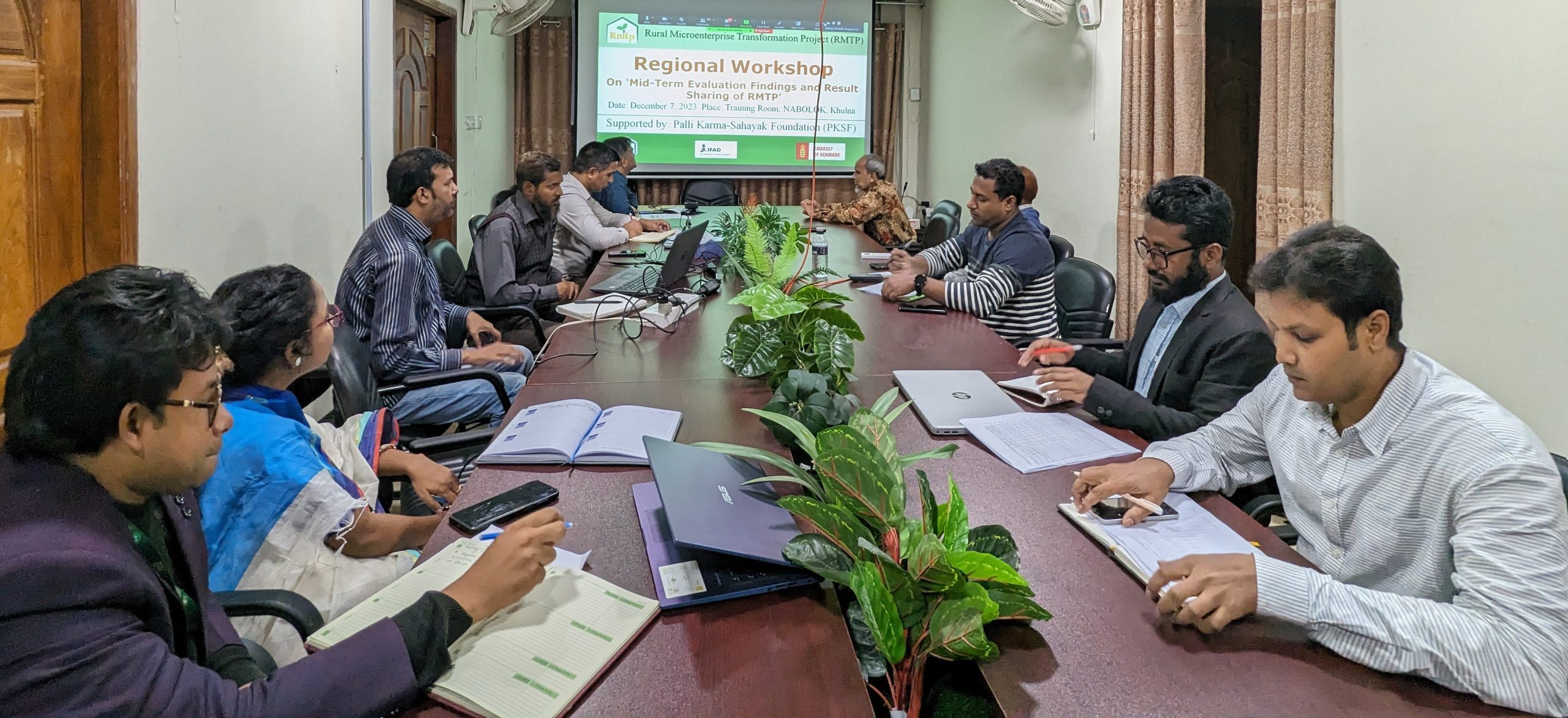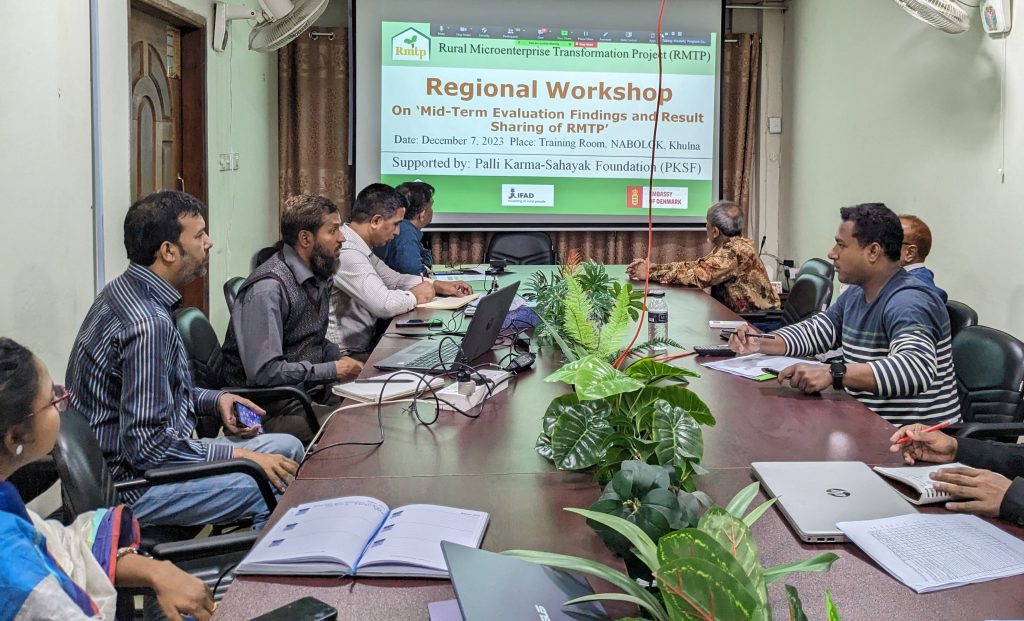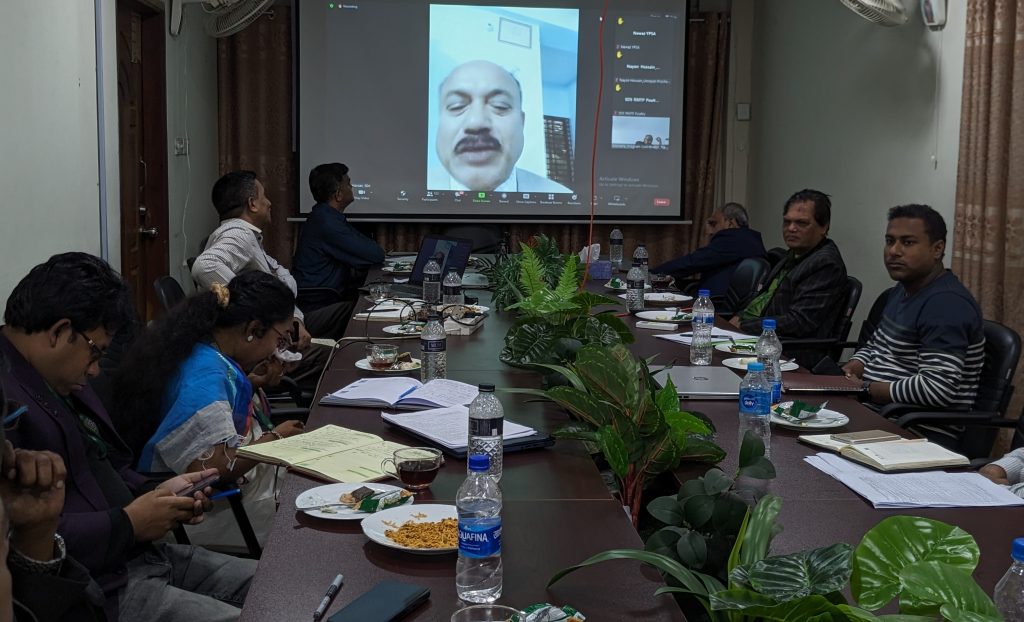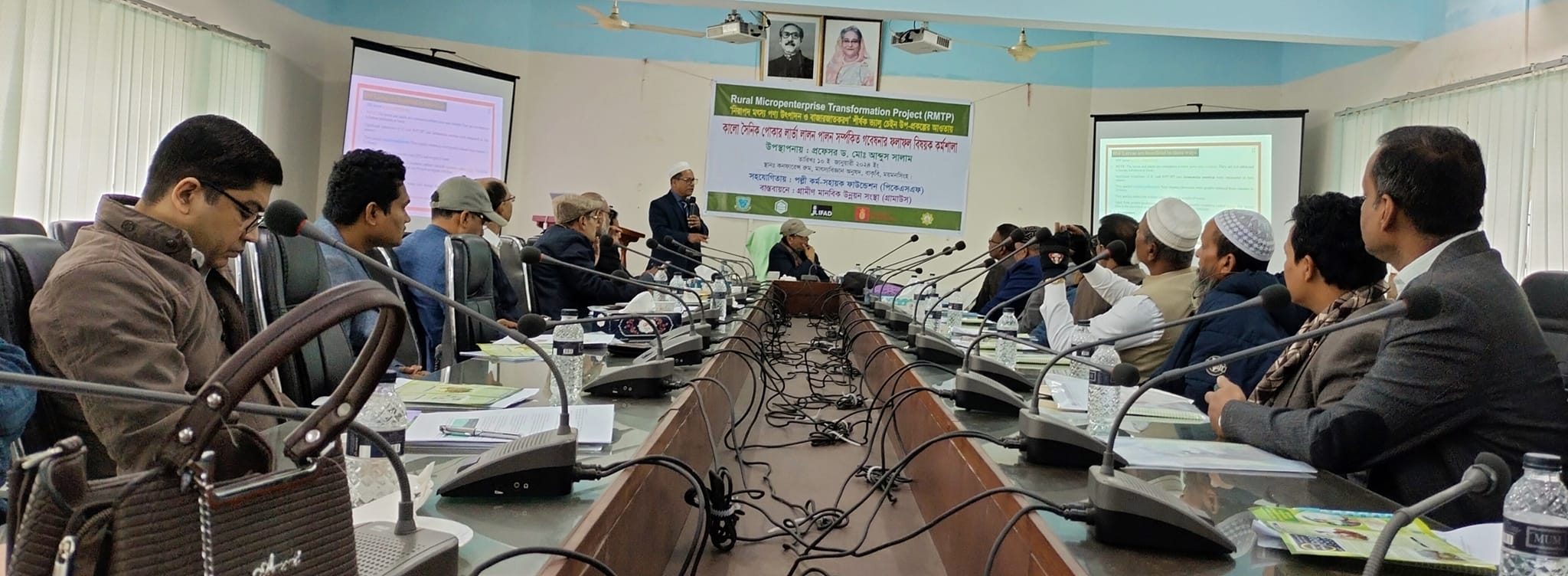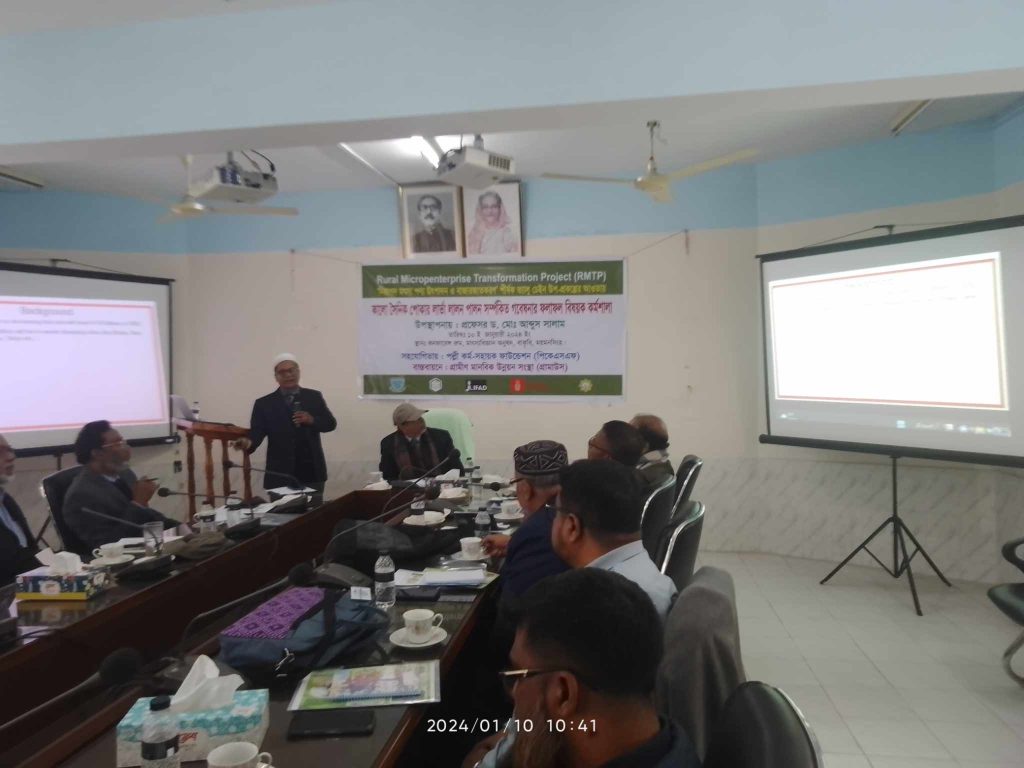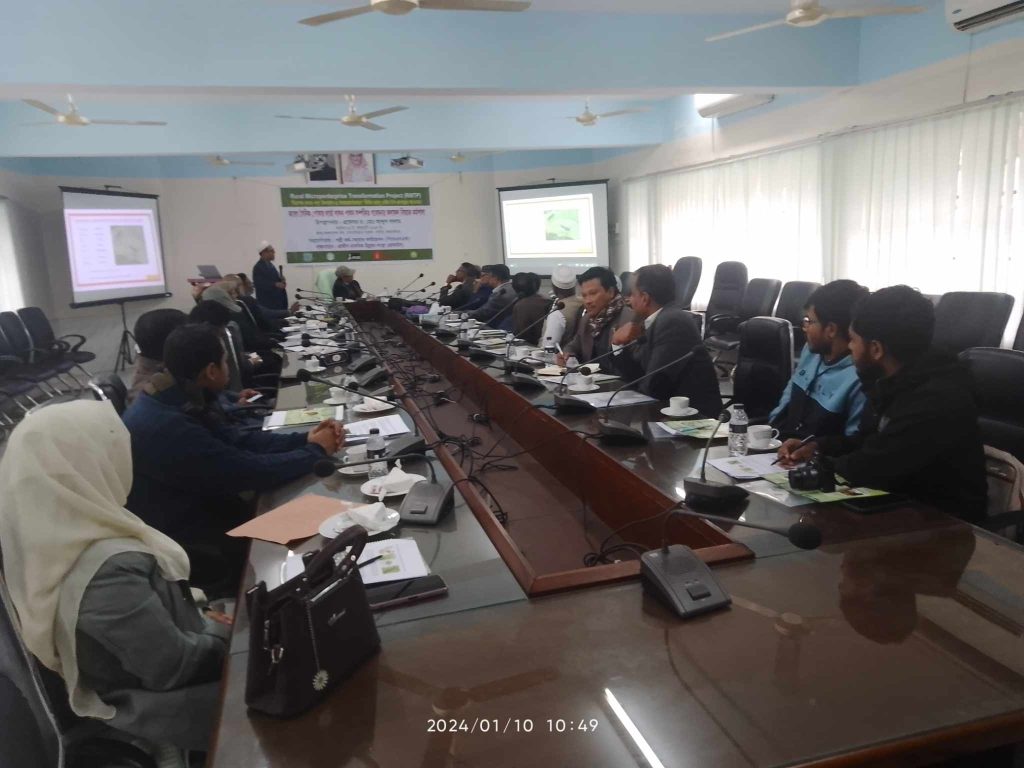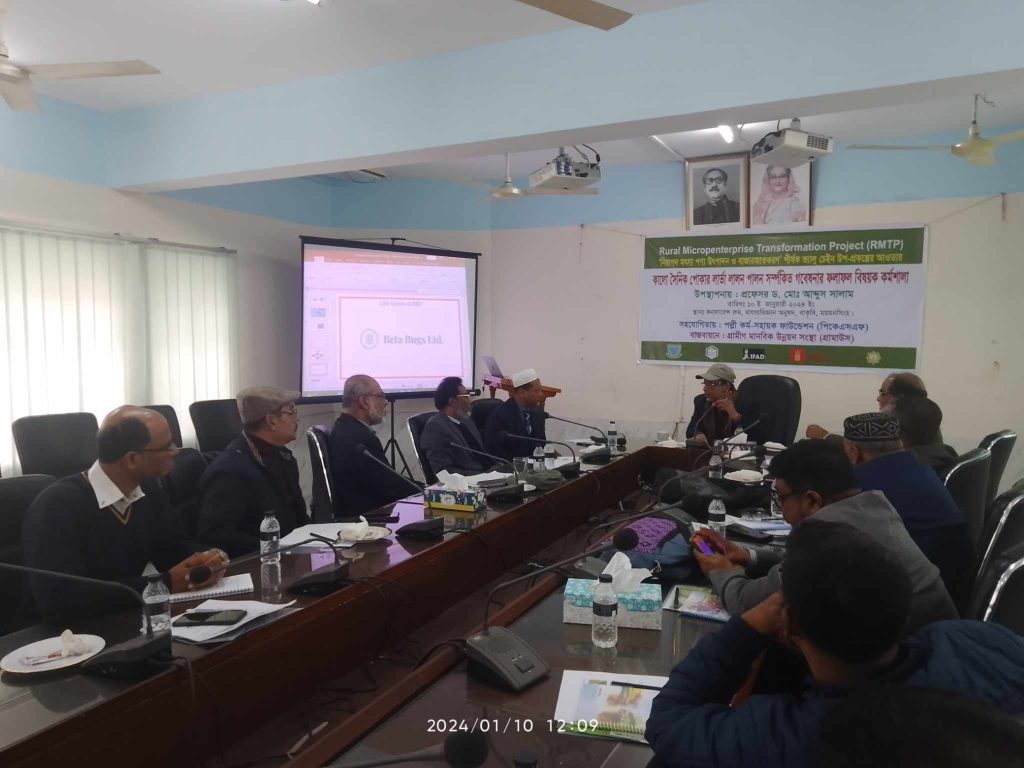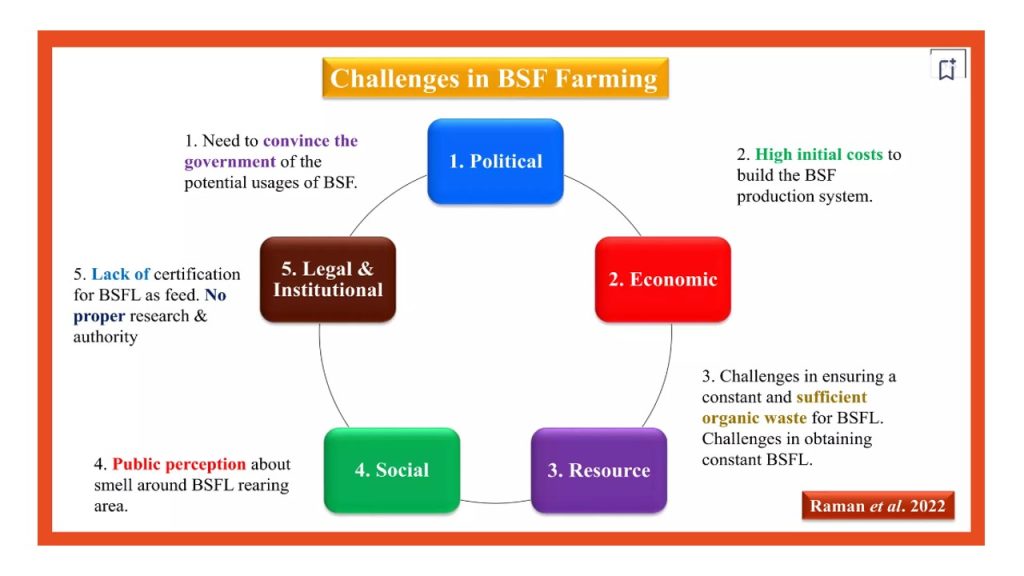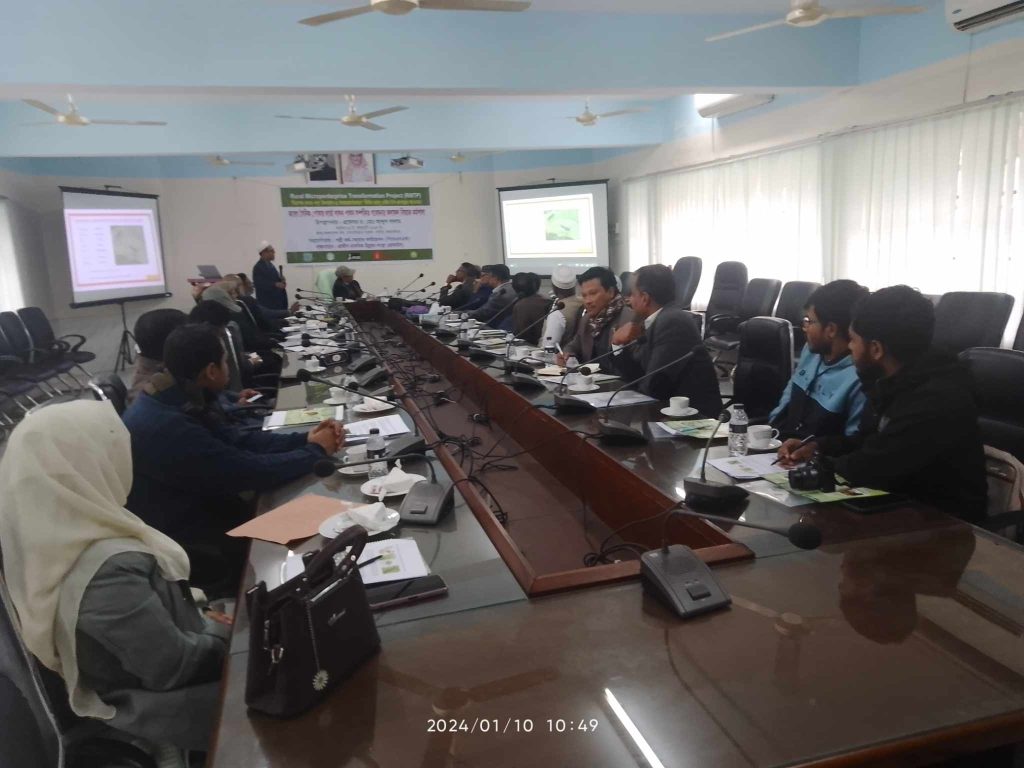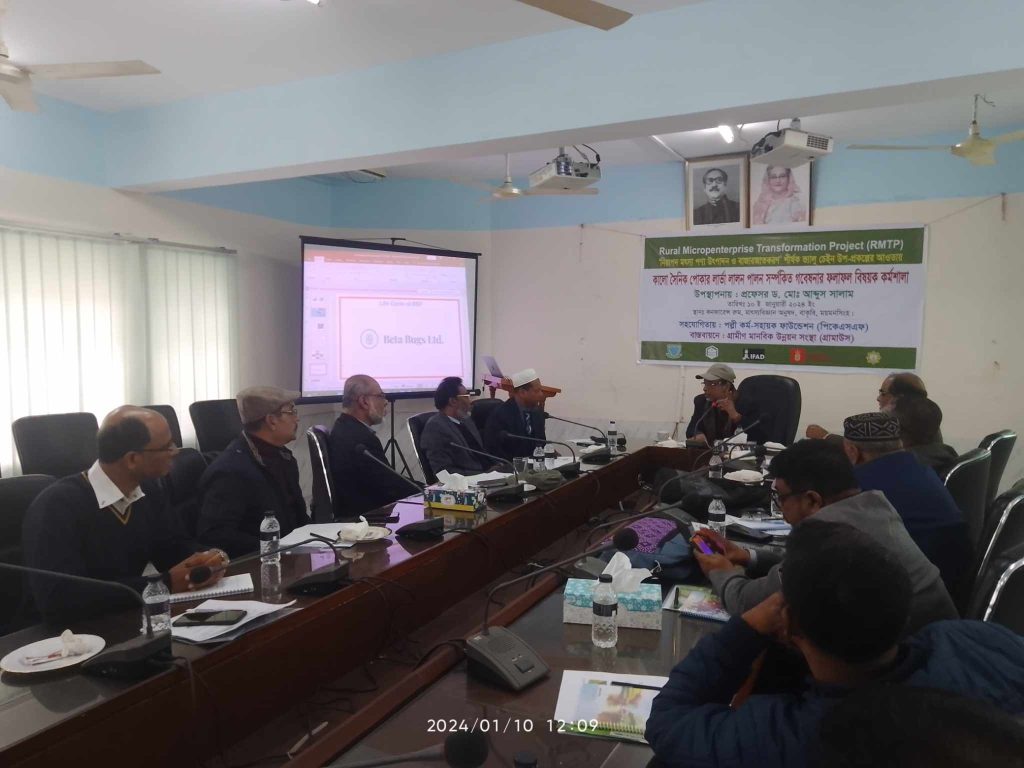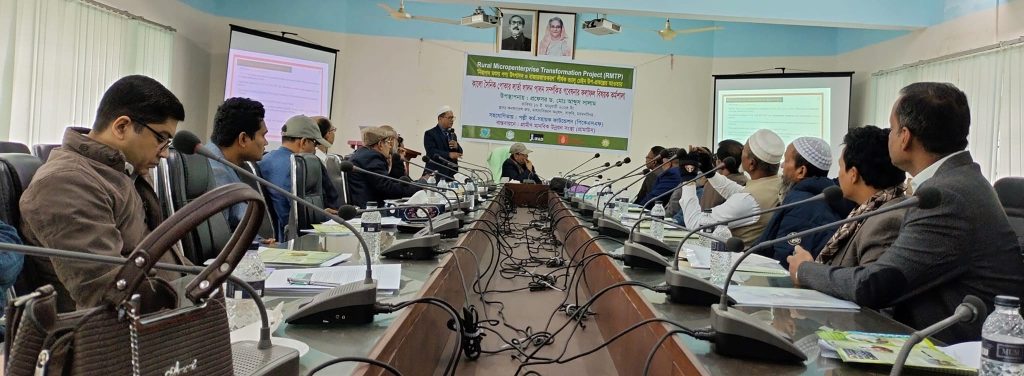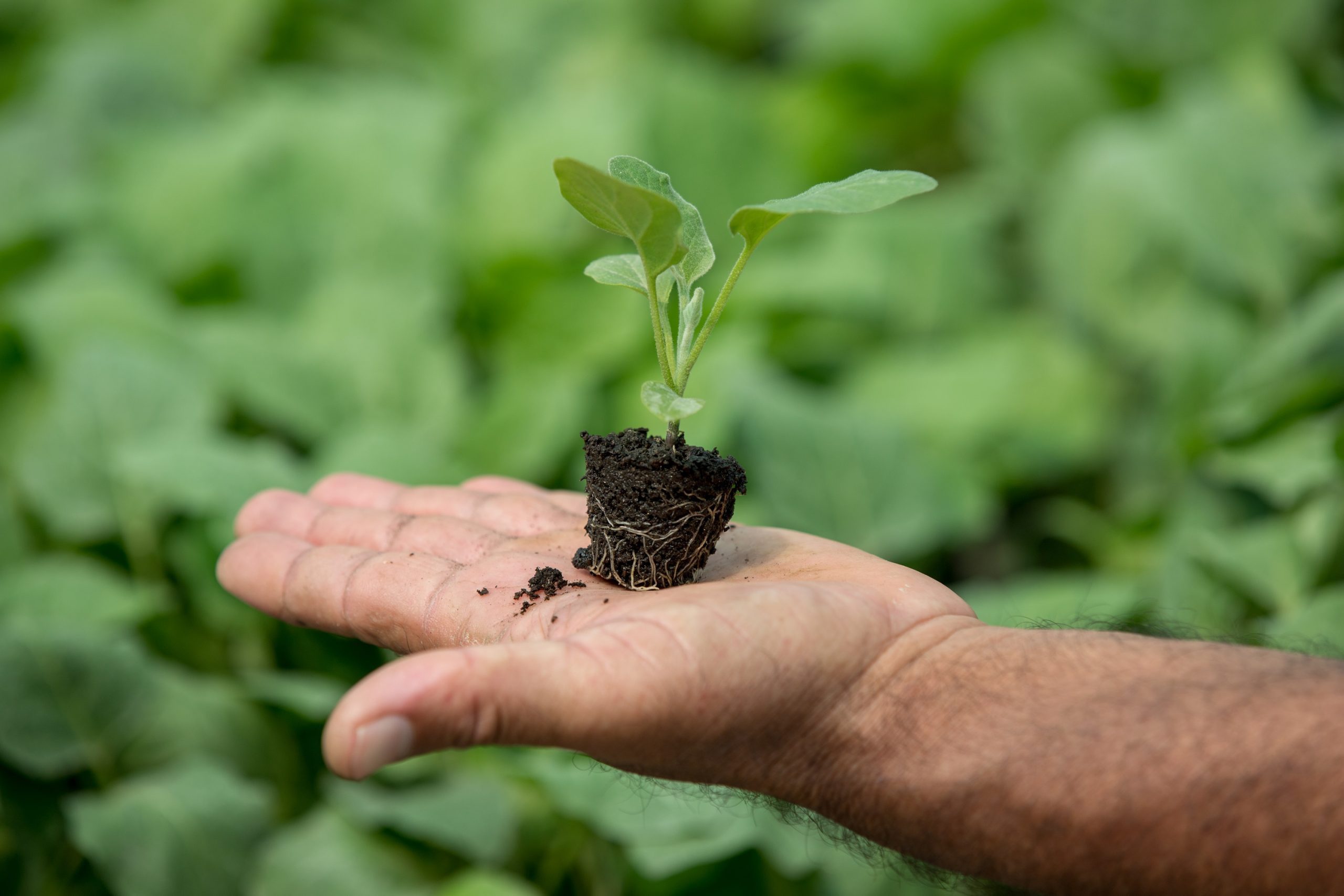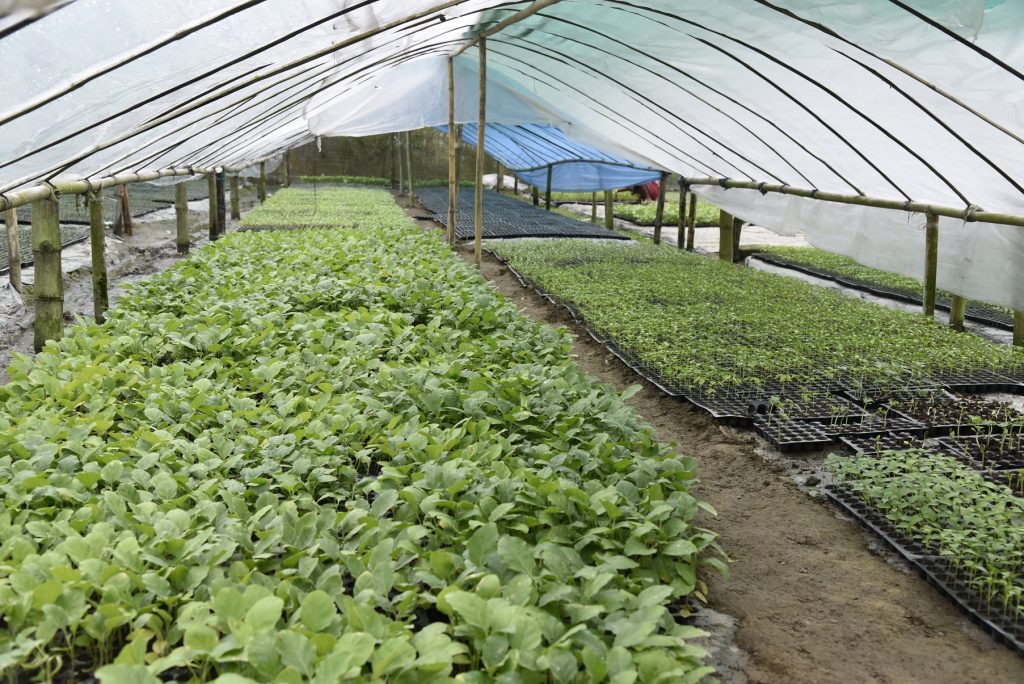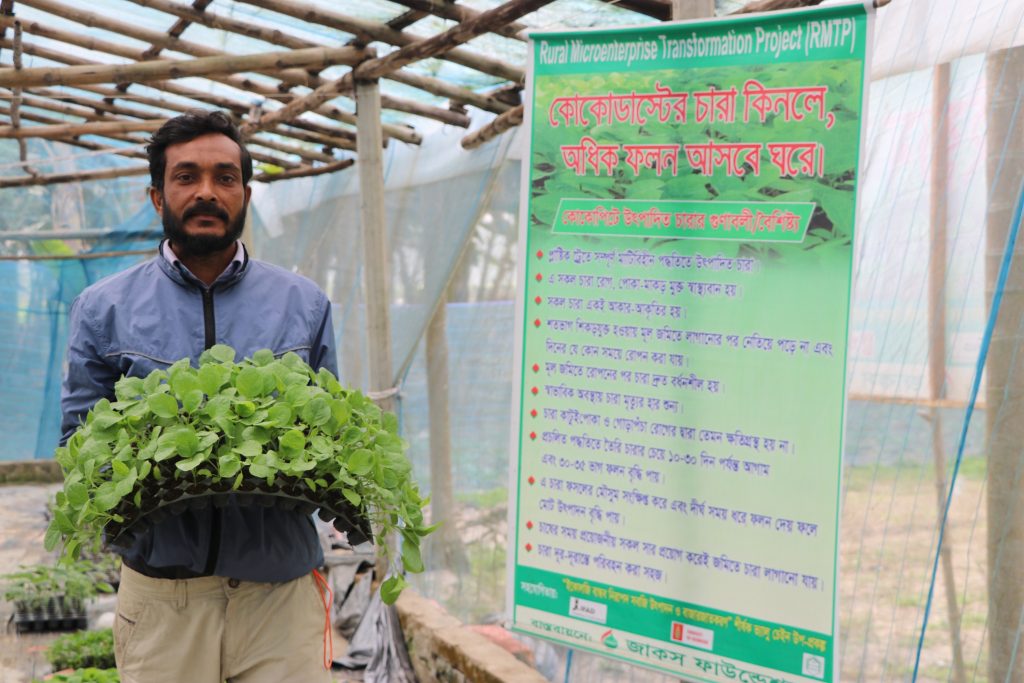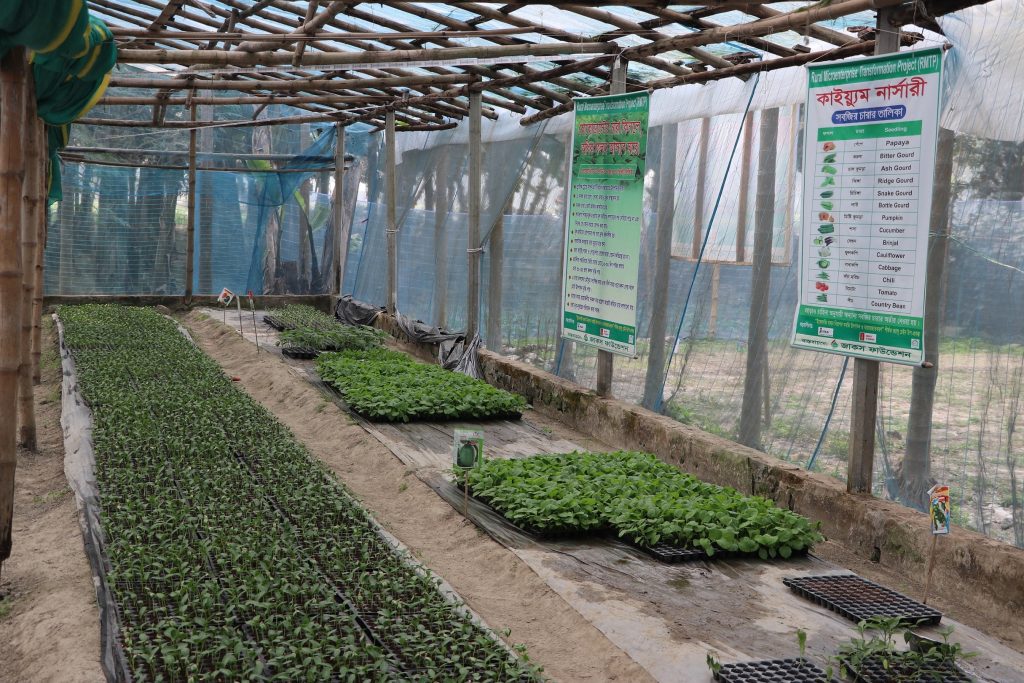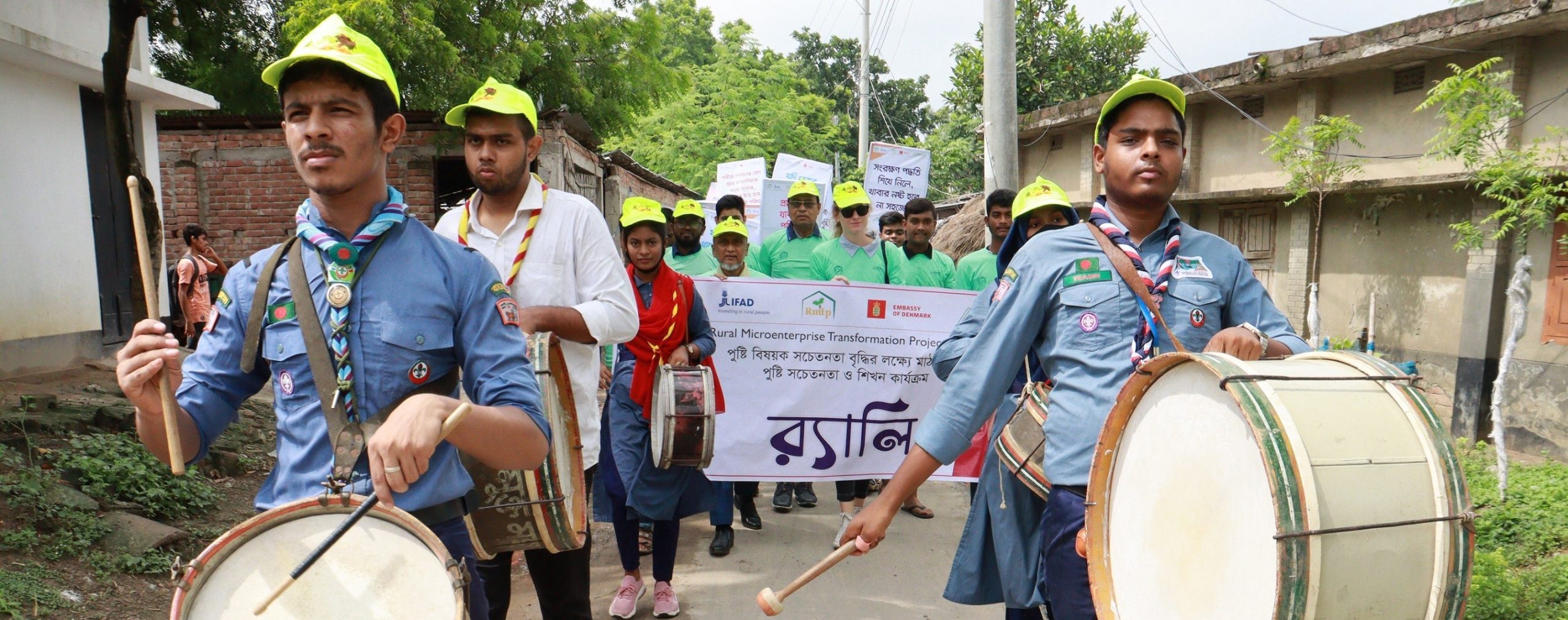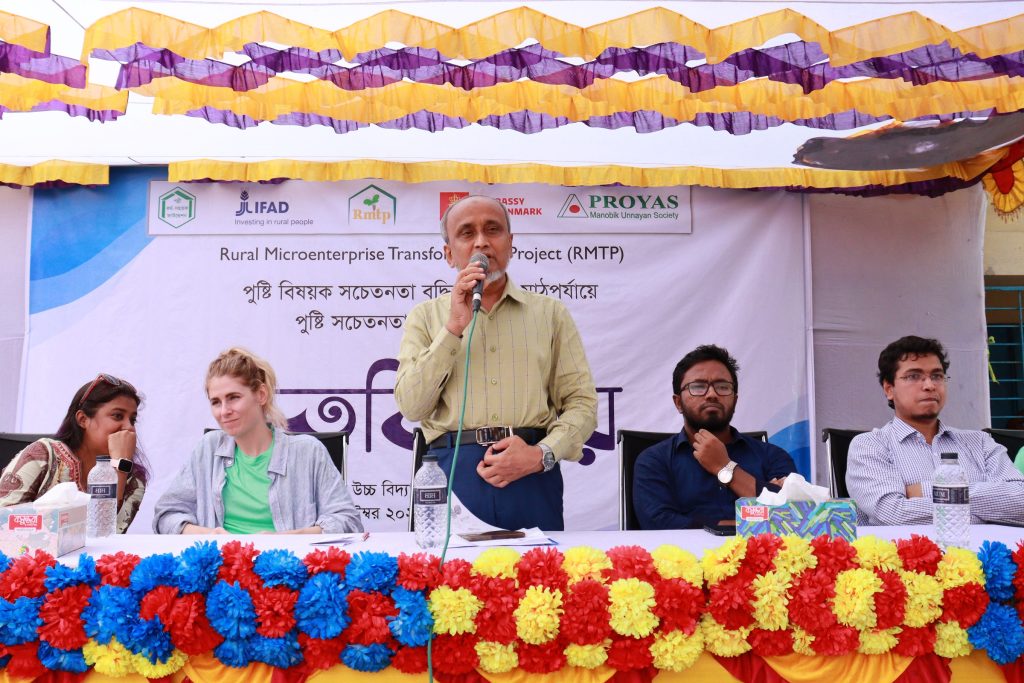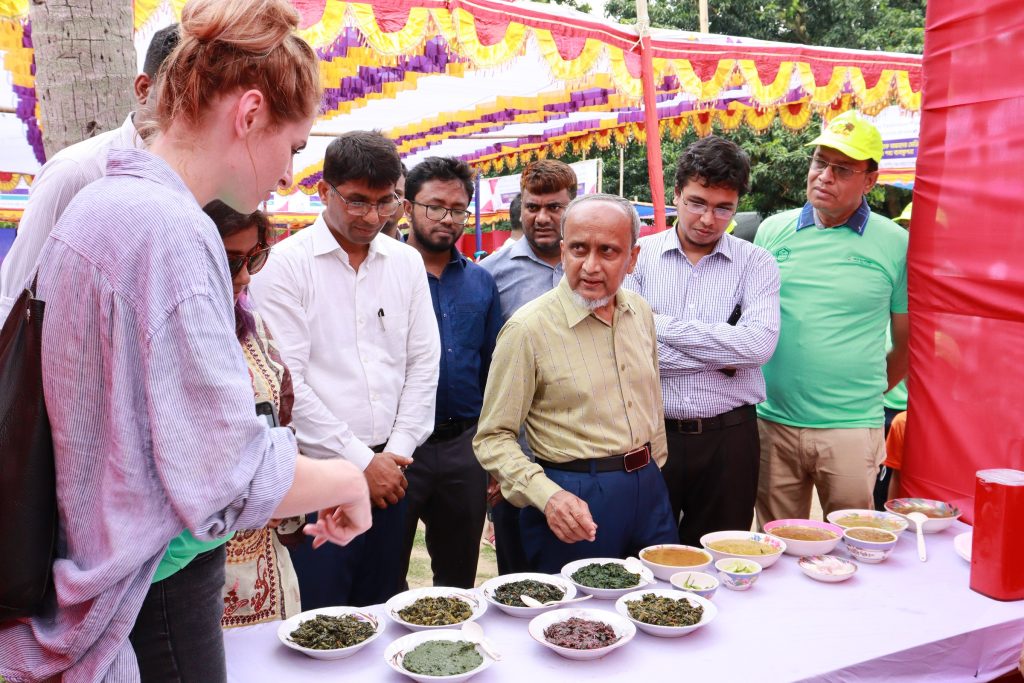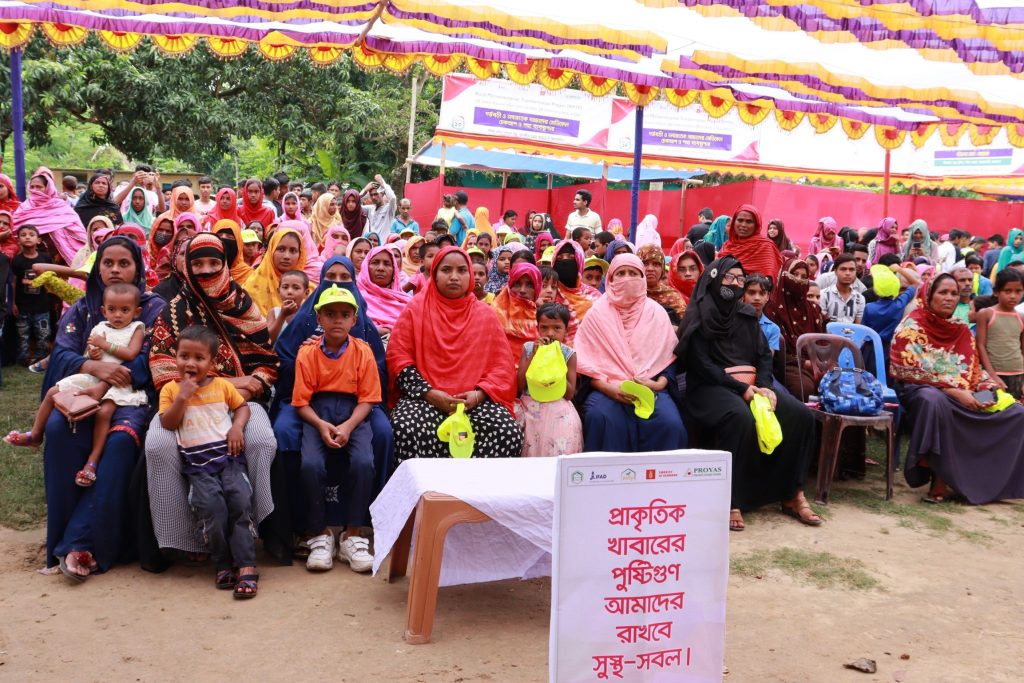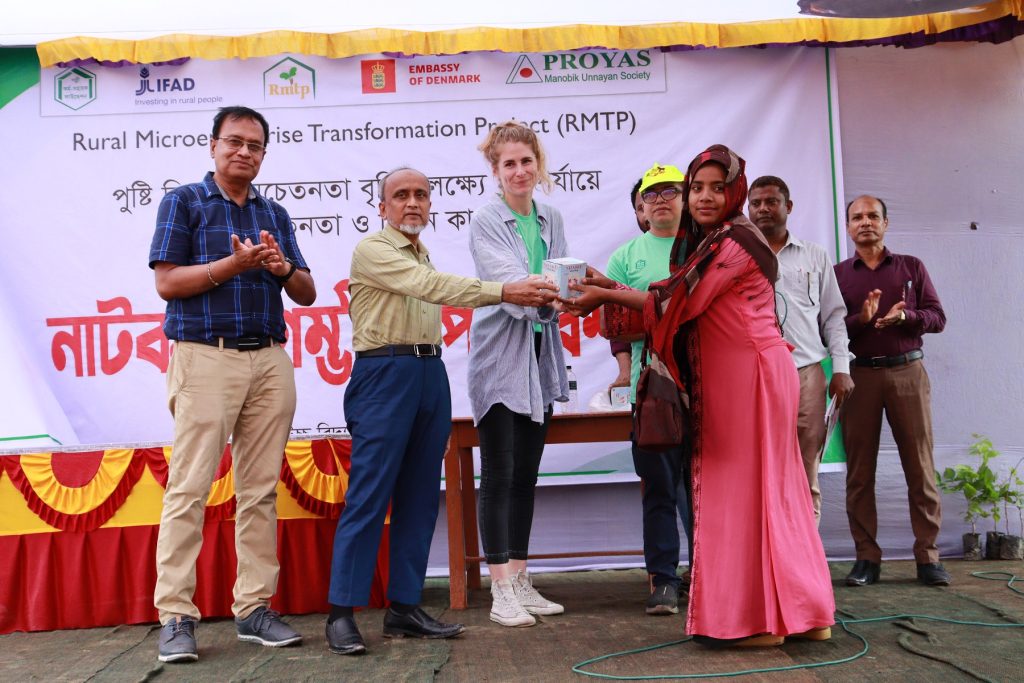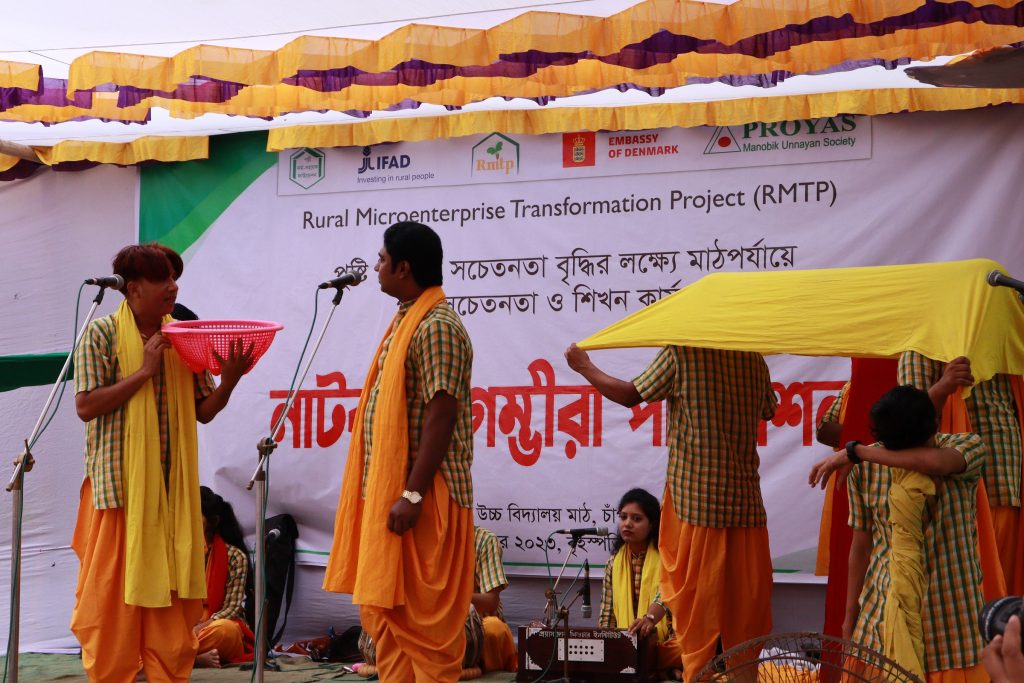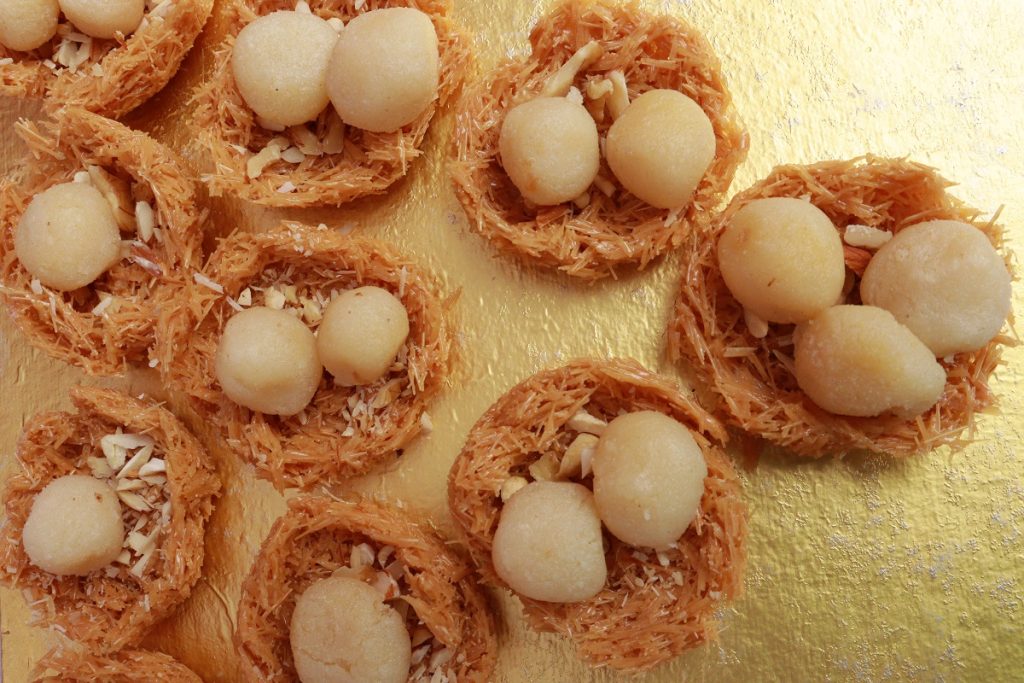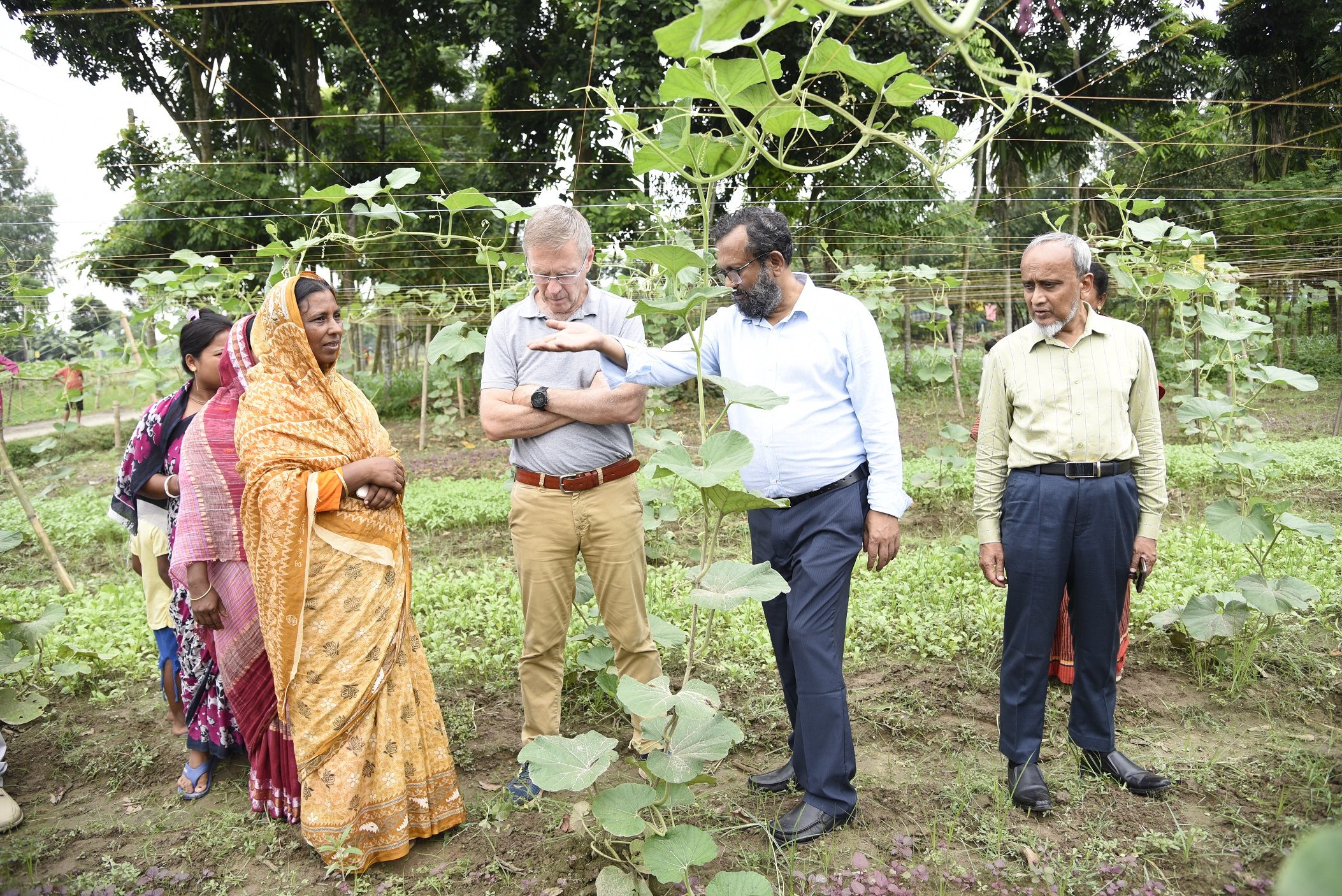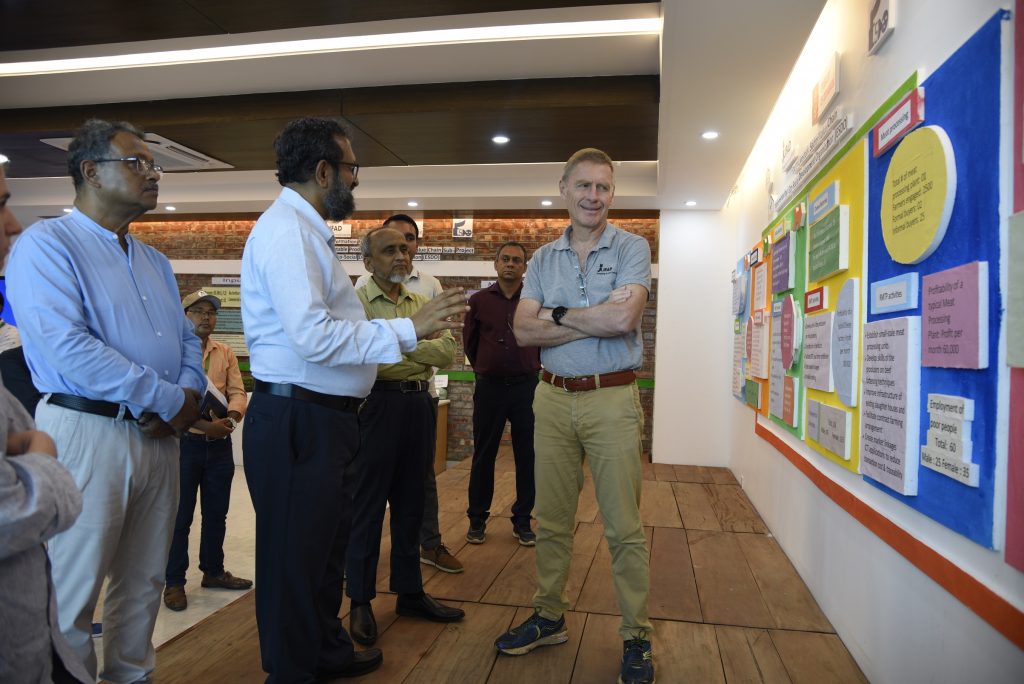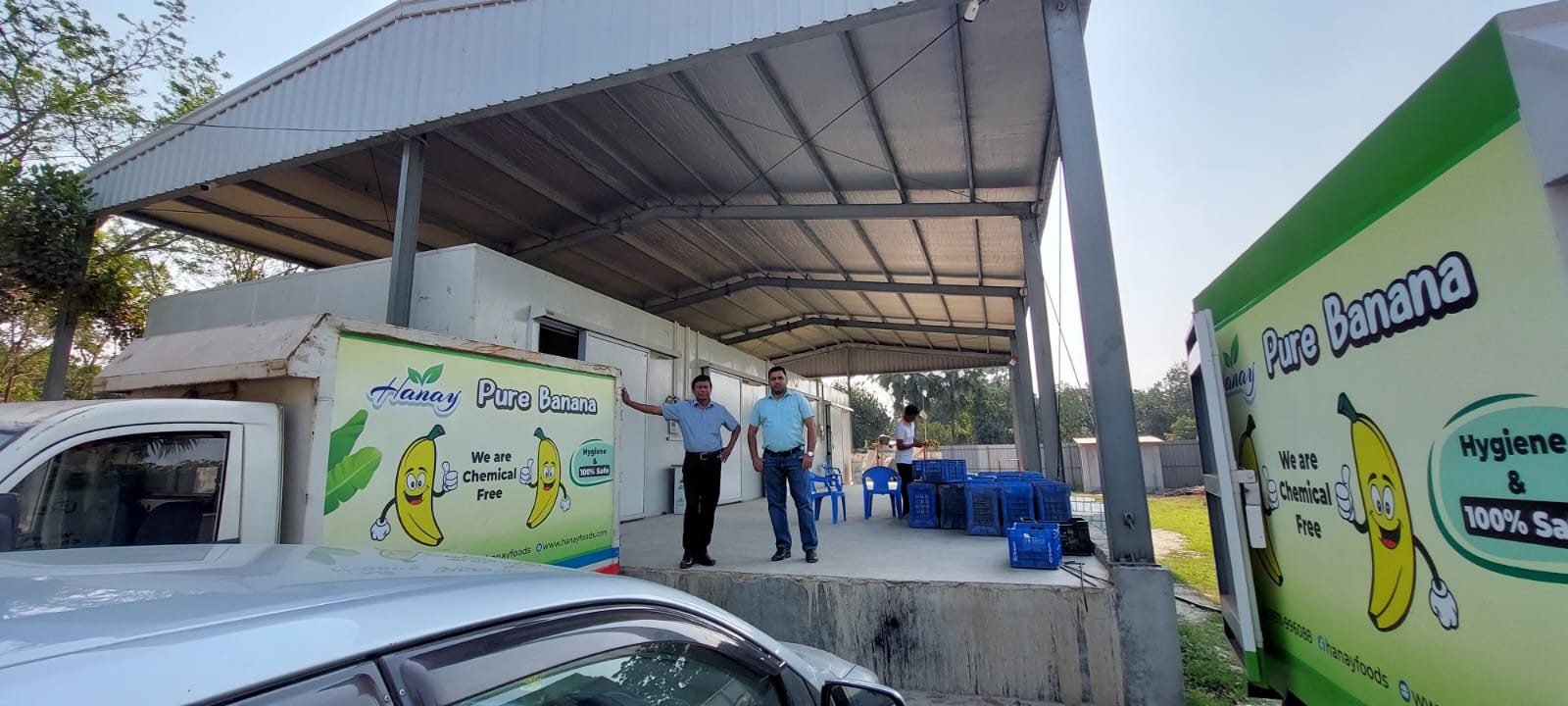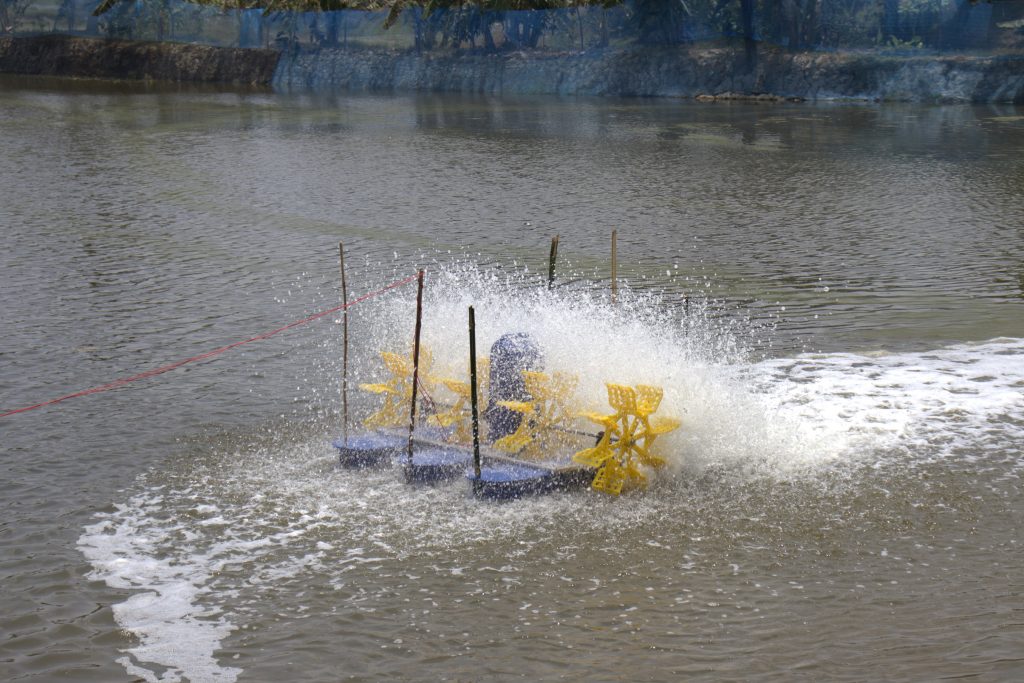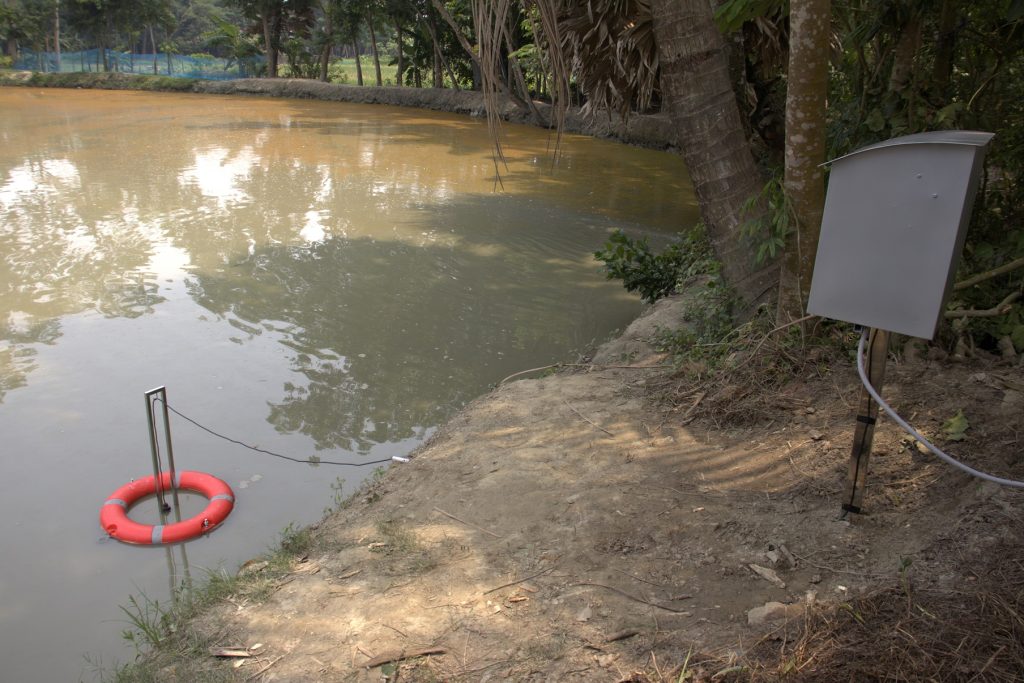PKSF Chairman visits field activities in Panchagarh and Thakurgaon
PKSF Chairman Dr M. Khairul Hossain visited various programs being implemented through ESDO, a Partner Organization (PO) of PKSF in Panchagarh and Thakurgaon districts from 12-14 February 2024.
At the beginning of the tour, he visited the tulip cultivation program in Tetulia. There he exchanged views with the farmers. They discussed the production process, market potential and future action plans.
On the second day, Dr Khairul Hossain visited a tea garden and tea factories in Panchagarh. Then, he placed a wreath at Aparajeo 71 in Thakurgaon and paid tribute to the martyrs of the Liberation War. Later, he visited a cheese factory, telemedicine centre and safe vegetable cultivation program under the RMTP project, implemented through ESDO.
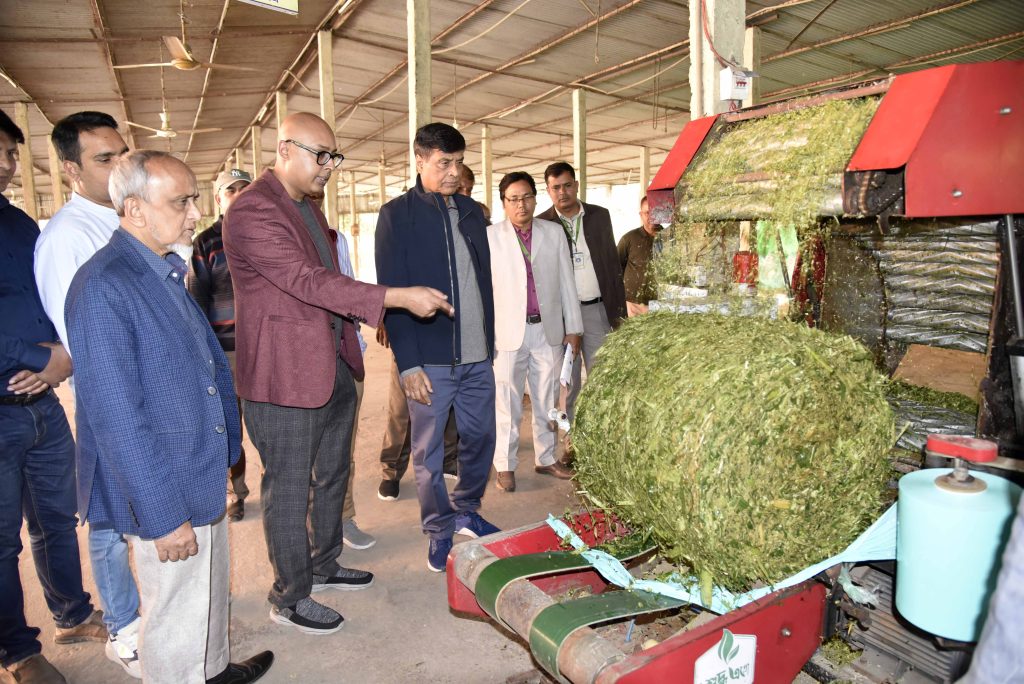
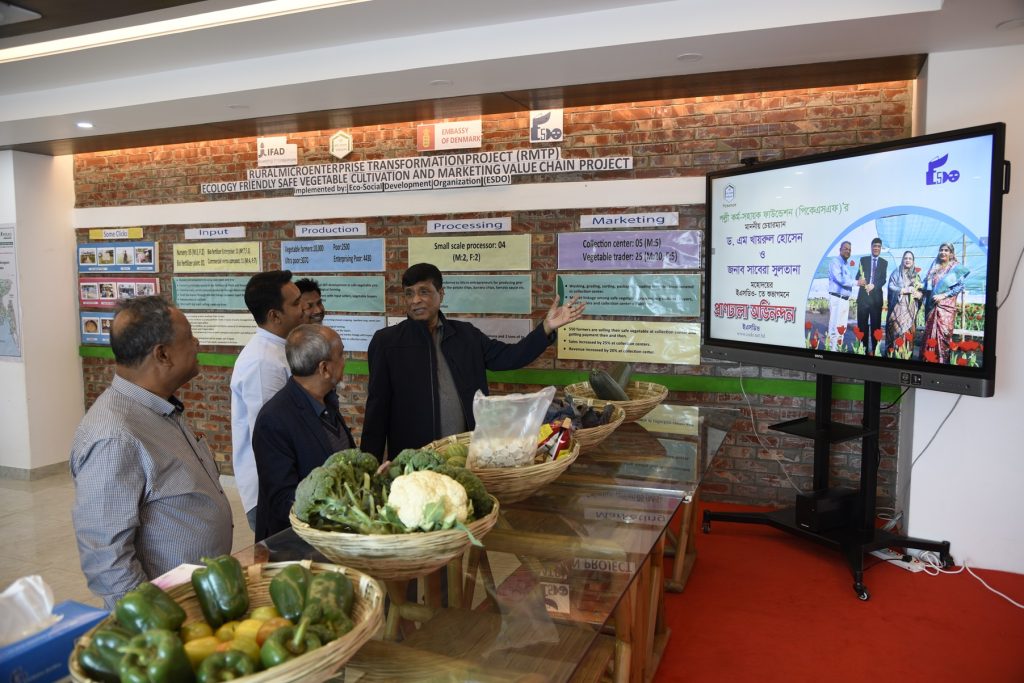
Appreciating RMTP’s value chain activities, Dr Khairul Hossain said “Farmers here are getting good prices by producing and marketing safe vegetables through the project, which impressed me”.
The same day, he participated in a meeting at the ESDO office. In the meeting, he handed over the ISO certificates to seven entrepreneurs of RMTP and unveiled the ECO Animal Service Card. Then he joined a civic reception program followed by a cultural event.
PKSF Chairman, on 14 February, visited a folk museum established by ESDO. During the visit, PKSF’s Senior General Manager (Program) and Project Coordinator of the RMTP Dr Akond Md. Rafiqul Islam and ESDO’s Executive Director Dr Md Shahid Uz Zaman accompanied PKSF Chairman.
